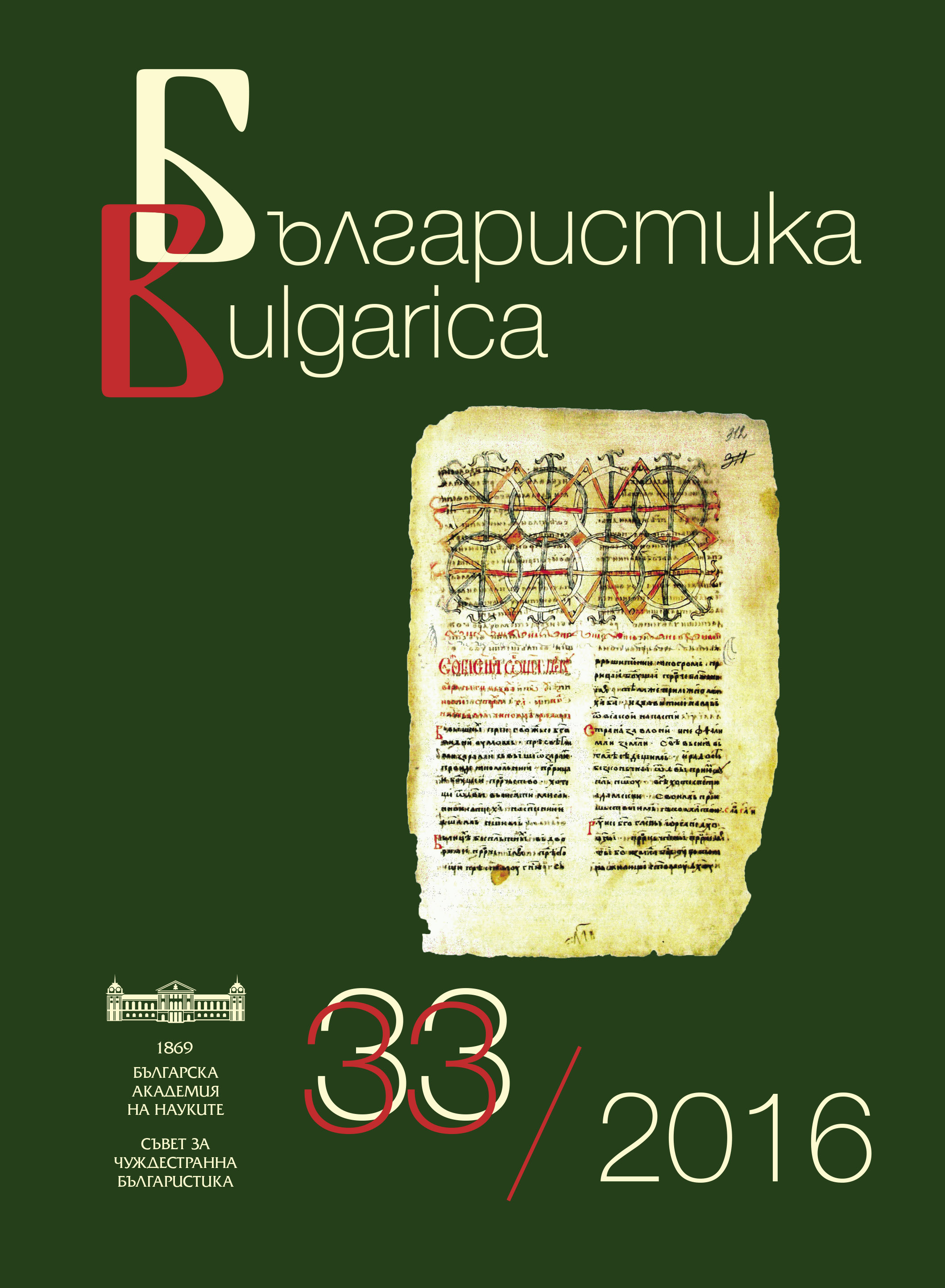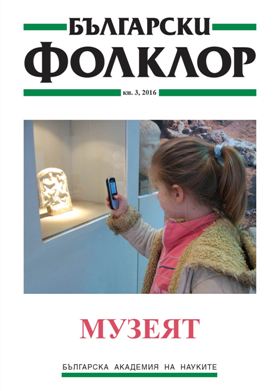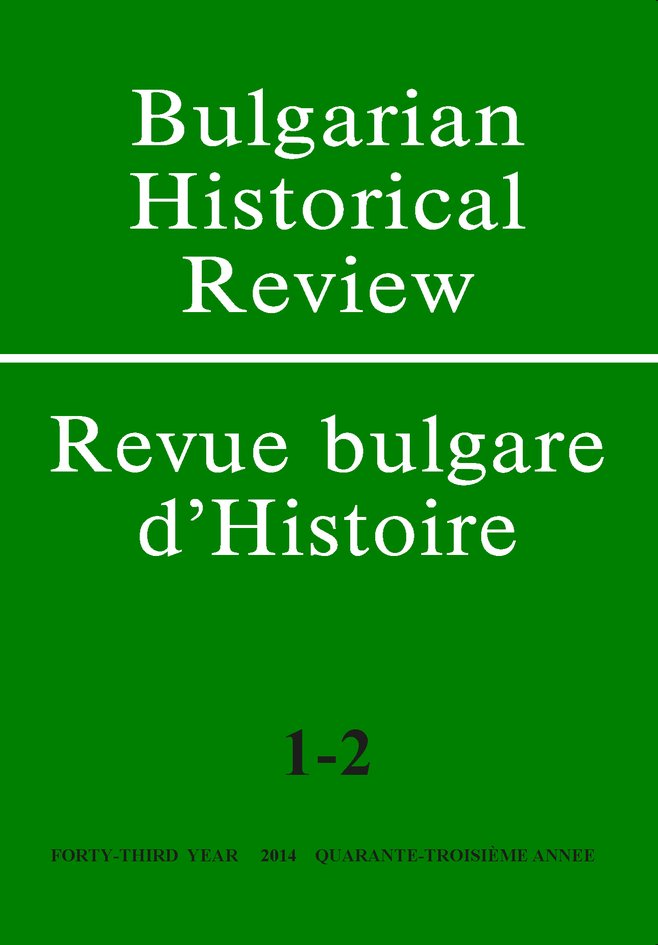PKK TERÖR ÖRGÜTÜ ve KCK’DA SON DURUM
Turkey’s struggle with terror is at the vital milestone. The situation is very complex due to the many actors existence of such as PKK, KCK or activities of BDP, political extension of terror in Turkish National Assembly. PKK has recently unable to reach its goals in negotiations process with Turkish officials lasting by 2007 and now continues to attack all possible targets for that reason. Turkey must run to fight with terror in determination and firmness. In this article, it is aimed to explain the current stage of countering terror in Turkey and events behind the sceens. In that context, we focus on issues like Oslo negotiations and KCK structure.
More...



